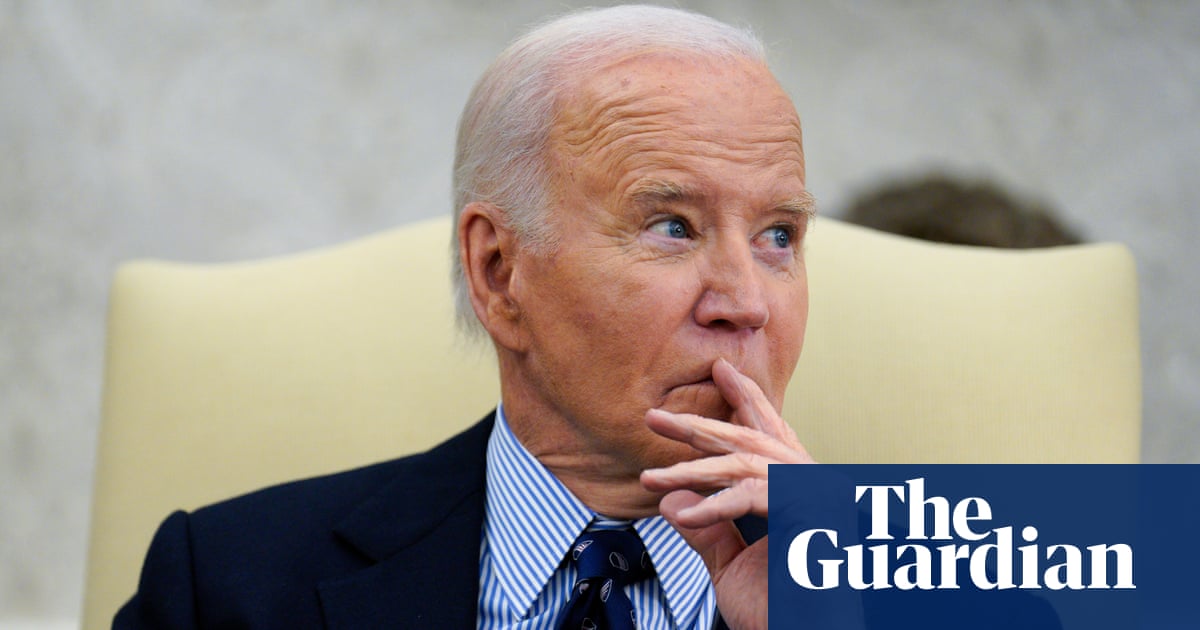Hours before it became official that Donald Trump had returned to the White House, his biggest supporter was already inside the Oval Office.
Elon Musk, who has been a key backer of Trump’s return to the presidency, was in his default wind-up mode as he used his X platform to post a superimposed picture of himself – holding a sink – inside the seat of US power.
“Let that sink in,” he wrote.
It was amateurish but Musk’s contribution to Trump’s victory has been serious and will reap benefits for the world’s richest person.
Trump acknowledged Musk in his victory speech on Wednesday, even if it required prompting from the audience, and indicated that Musk will be well treated under his administration.
“We have to protect our geniuses, we don’t have that many of them,” said Trump.
Musk, who is worth $264bn (£205bn), can easily afford the more than $100m he has given to the fellow billionaire’s campaign via his Super Pac.
There were immediate signs of a return on that investment on Wednesday morning. Shares in Tesla, the electric carmaker which he leads as CEO and in which he owns a 13% stake, were up about 15% in pre-trading on Wall Street, implying a wealth gain of $15bn.
There could be more to come. Dan Ives, an analyst at the US financial firm Wedbush Securities, said a Trump victory could add up to $200bn to the value of Tesla, which would increase Musk’s wealth by about $26bn.
“The biggest positive from a Trump win would be for Tesla and Musk,” Ives wrote in a note to investors, citing likely benefits such as the possibility of Trump imposing tariffs – or import taxes – on electric vehicles made in China.
Musk also owns SpaceX, a rocket company that has a host of US government contracts. Last month alone it secured contracts worth more than $700m from the US Space Force. SpaceX and Tesla have received at least $15.4bn in government contracts over the past decade, according to a recent New York Times analysis.
Richard Pierce, a law professor at George Washington University and specialist in government regulation, said he was “certain” Musk’s businesses would benefit from more contracts.
The Trump victory has also underlined the soft power of Musk’s ownership of the social media platform X, even if it appears unlikely that he will directly recoup the heavily inflated $44bn he spent on it in 2022 when it was better known as Twitter (the “sink” photo is from when Musk marched into Twitter’s office carrying the aforementioned basin).
X has undergone a rightwing shift under Musk’s ownership and played a contributory role to Trump’s campaign. Musk has reinstated inflammatory rightwing figures such as the conspiracy theorist Alex Jones.
Musk’s control of the network has enabled him to amplify his own pro-Trump messaging on the platform. His is the largest account, with more than 200m followers. It has been highly active during the campaign, sometimes posting more than 100 times a day with very heavy engagement: the “sink” post alone has been viewed 50m times. X has been a key player in a media ecosystem that has supported Trump, including podcasters such as Joe Rogan.
Bruce Daisley, the former head of Twitter’s European operations, said throughout Musk’s ownership of X the billionaire had refused to compromise for short-term financial gain.
“By introducing a more aggressive algorithm he has definitely changed a space that commentators, journalists and political people use into a place that favours rightwing voices – including his own. He has had an impact on stuff that people are consuming,” said Daisley.
There is also likely to be a role for Musk in the Trump administration. In September Trump said he would form a government efficiency commission, with Musk leading it. A full-time government job would require Musk to put his companies in trust, but a part-time government efficiency role would not require such action.
after newsletter promotion
“In theory, Musk cannot take a full-time government job without putting his companies in trust,” said Brian Quinn, a professor at Boston College law school. “However, he can participate as a part-time member of a presidential commission, etc without doing so.”
Musk has already indicated that a government efficiency body would help SpaceX, stating on X that his business could reach Mars sooner “so long as it is not smothered by bureaucracy”.
He added in a post on X: “The Department of Government Efficiency is the only path to extending life beyond Earth.”
Other Musk companies include the artificial intelligence startup xAI, which is reportedly heading for a valuation of $40bn, and the brain implant firm Neuralink, which is reportedly worth $8bn.
The wider US tech sector is expected to benefit as well in terms of regulation. There is widespread expectation that, Lina Khan, the head of the Federal Trade Commission and a champion of a tough approach to the major tech firms, will be replaced.
“It’s all positive for Musk and the US tech sector,” said Neil Wilson, the chief analyst at the brokerage firm Finalto.
Musk is a figure of global fame and power already, but Trump underlined it on Wednesday.
“We have a new star, a star is born: Elon.”
That star is likely to get brighter, and more powerful, under a Trump administration.
Read more of the Guardian’s 2024 US election coverage

 German (DE)
German (DE)  English (US)
English (US)  Spanish (ES)
Spanish (ES)  French (FR)
French (FR)  Hindi (IN)
Hindi (IN)  Italian (IT)
Italian (IT)  Russian (RU)
Russian (RU)  2 weeks ago
2 weeks ago
























Comments